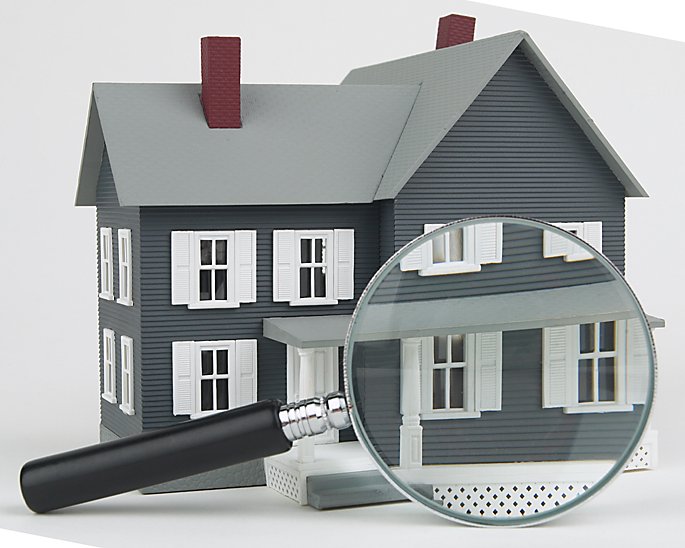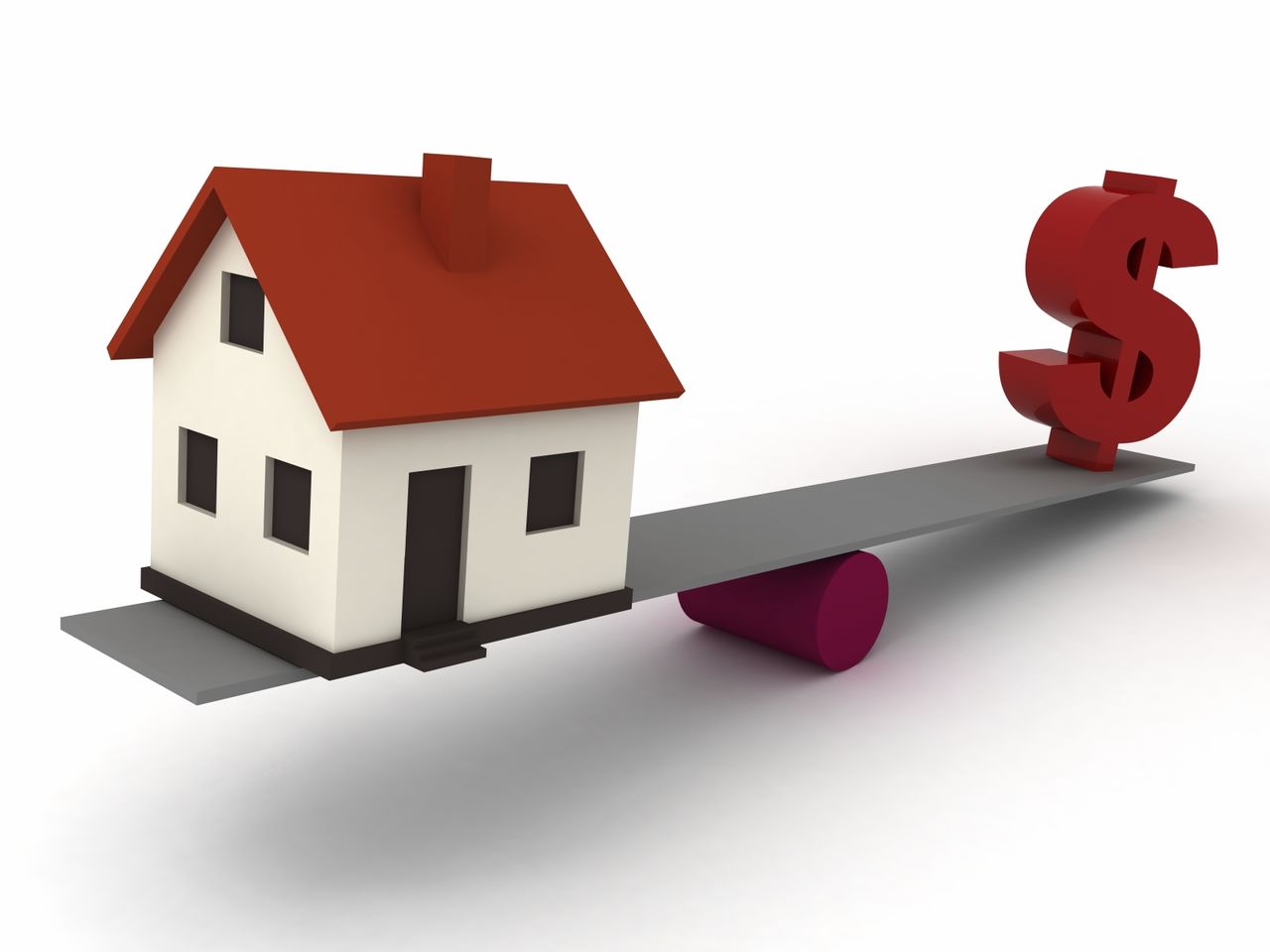Preparing to Close on Your New House
You figured out your budget, looked at some homes, and now you’ve found one that is perfect. So how to decide how much to offer?
The Three Parts of Preparing to Close on Your Home
After the seller has accepted your offer on the house, closing on the loan has three stages: getting a home inspection, having the home appraised, and the loan company underwriting your loan. Understanding how these three parts work together will help you preparing to close on your loan.
Having the home inspected
Once your offer is accepted by the seller, you’ll want to schedule a home inspection. Typically this step isn’t required by mortgage companies, but it’s in your best interest to make sure the home is actually worth what you are paying for it, and it doesn’t have any major costly problems you aren’t aware of. It’s your responsibility to hire a home inspector and pay for the inspection, not the seller’s. There’s a good chance your real estate agent will be able to recommend a trustworthy home inspector they have worked with before, and they might be willing to set the inspection up for you.
Generally a home inspection will look at surface-level aspects of the home, examining electrical, plumbing, structural elements, heating and cooling systems, appliances, and more. They will check out the basement or crawl space if the home has either of these, and go up into the attic. As long as the home isn’t more than two stories, and the roof isn’t overly steep, they should check the roof to check for missing or warped shingles and to make sure gutters are in good shape.
Be aware that normal home inspectors won’t be equipped to check or test for less visible or accessible problems like mold, asbestos, pests, lead paint, or radon. If there are obvious signs of such problems, or the seller indicates that any of these issues may be a concern, you’ll want to hire a specialized inspector.
You should absolutely attend the inspection, and ask the inspector any questions you can think of. This is your opportunity to walk through your new home with an expert, so make the most of it. They’ll be able to spot signs of deeper problems you may not have noticed, and make recommendations for what you should prioritize and how to go about fixing problems.

How much should you expect to pay for a home inspection?
The typical range of costs for a home inspection is between $200 and $500, but it can vary quite a bit depending on the size of the home, the inspector you hire, you location, and some other factors. Different inspectors have differing levels of experience and knowledge, so some inspectors might charge a bit more, but generally you get what you pay for.
Not all states require inspectors to be licensed, so it’s usually a good idea to get a recommendation from your real estate agent, or friends or family who’ve worked with inspectors before. Many inspectors will offer additional tests or inspections beyond the standard home inspection, such as radon testing or air testing for mold spores. If you opt for one of these additional options, expect to pay an additional fee.
The appraisal
Having the home appraised is a mandatory part of the home buying process, which your lender will require. The appraisal is intended to protect both you and the lender from paying more than the home is actually worth. The lender will arrange the appraisal, but the appraiser is always an independent third party. To ensure the appraisal process is handled fairly and objectively, by law the appraiser can’t be affiliated with you or the lender.
If the appraisal finds that the value of the home is equal to or greater than the purchase price, the process will move forward. And an appraisal higher than the purchase price means you got a good deal and gain some immediate extra equity in the home. But if the appraisal comes back lower than the purchase price, this will cause problems because the lender won’t lend an amount greater than the appraised value of the home. In the event your appraisal is low, you have some options.
- Increase the size of your down payment to make up the difference between your offered price and the appraised value
- See if the seller will negotiate the price down to meet the appraised value
- If you are concerned that the appraisal wasn’t accurate, you can contest it
- Walk away from the purchase
How much should you expect to pay for a home appraisal?
A home appraisal typically costs between $250 and $600, but this can vary depending on the location of the property, and the type of property. If you are buying a property in a remote area, where the appraiser needs to travel, that will likely increase the price. And if you are buying a multi-unit property, that will also make the appraisal more expensive.
Underwriting
While the home inspection and appraisal are happening, your lender will work on underwriting your loan. Underwriting is the process of verifying all of the details of your income, assets, debt, and specifics of the property, before they will issue the final approval of the loan.
The majority of this work happens behind the scenes without your involvement, but your lender may request additional documents from you during the underwriting process. For example, they may ask for documentation showing the origins of deposits in your bank account, or documentation of assets held outside of your bank account. Make sure you provide anything the lender may ask for promptly, to avoid slowing down the underwriting process.

What to do to help make sure your loan closes
The most important thing you can do to ensure you don’t run into any issues with your loan closing is to avoid any major spending or other big financial changes. Your loan officer should go over this with you, but make sure you don’t apply for any new loans or credit lines, or make any large purchases that will deplete your savings or assets. Wait till after your loan closes.
Taking on additional debt will change your debt-to-income ratio (DTI), which is one of the most important factors a lender uses to determine how much you can borrow. An increase in your DTI could reduce the amount you can qualify to borrow, and if you purchase price is close to the limits of what you can qualify for, this can cause a serious problem. If your DTI rises past around 45%, you may not be able to qualify for a mortgage at all.


Why choose us?
Our coordinated team can get your loan processed faster than the competition – guaranteed.
Our personable and extremely knowledgeable loan officers will walk you through your first home buying experience so smoothly, your worries will be left behind.
